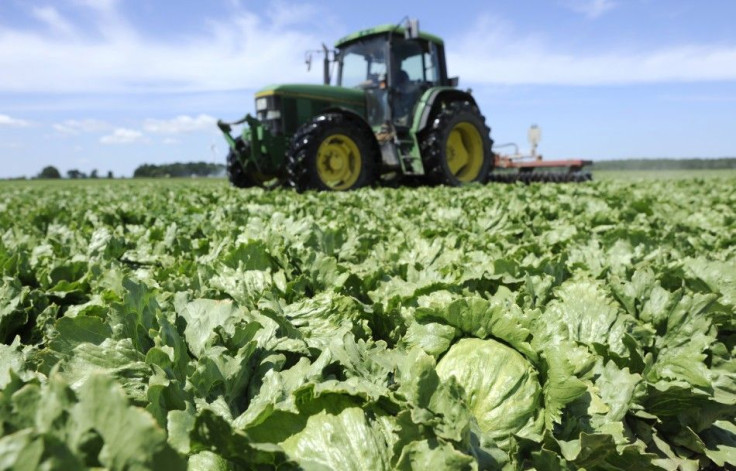Russia bans vegetable imports from EU as E. coli fears spread

The outbreak of E. coli in Western Europe has led Russia to impose a ban on fresh vegetable imports from the European Union (EU).
Russia has earlier banned such imports from Spain and Germany, but now expanded the rule to cover the entire EU.
Russia’s chief medical officer said that EU vegetables already in the country would be seized by health authorities.
Russia’s consumer protection agency head Gennady Onishchenko said: I call on [the Russian] people to forgo imported vegetables in favor of domestic products.
He also criticized food safety standards in Europe.
This shows that Europe's lauded health legislation - one which Russia is being urged to adopt - does not work, he said.
How many more lives of European citizens does it take for European officials to tackle this problem?
EU officials think Russian officials are over-reacting and will lodge a protest against the ban, according to European Commission spokesman Frederic Vincent.
Vincent said the EU annually exports about 600-million euros of fresh vegetables to Russia, primarily from Spain, France, Germany and Poland.
Meanwhile, across the Western Europe at least 1,500 people have been infected by the E. coli bacterium which can lead to the deadly haemolytic-uraemic syndrome.
Sixteen people in Germany have already died, with another fatality reported in Sweden.
The outbreak was initially blamed on cucumbers from Spain, but that theory has been scrapped.
Even more worrying, the World Health Organization said it believed the current E. coli bacterium represents a new, mutant strain.
German public health officials have warned that it may take months for the E. coli outbreak to dissipate. Reinhard Burger, president of the Robert Koch Institute, part of Germany’s Health Ministry, told the BBC we may never know the source of the infections.
© Copyright IBTimes 2025. All rights reserved.





















